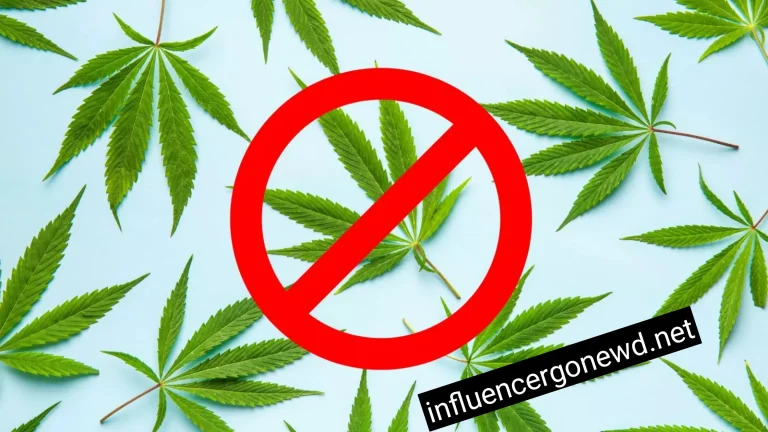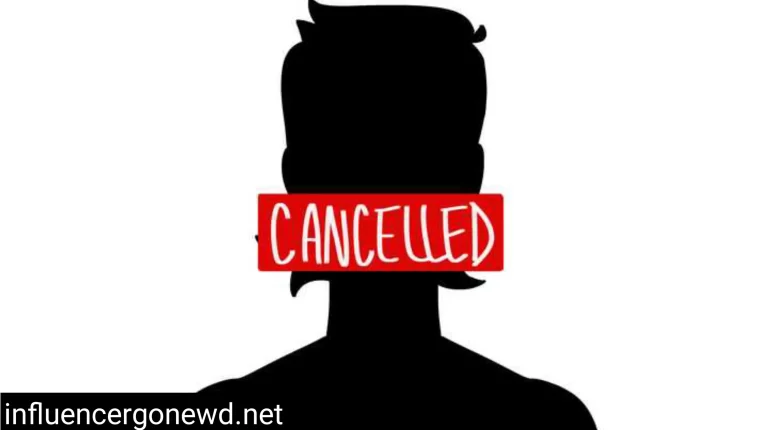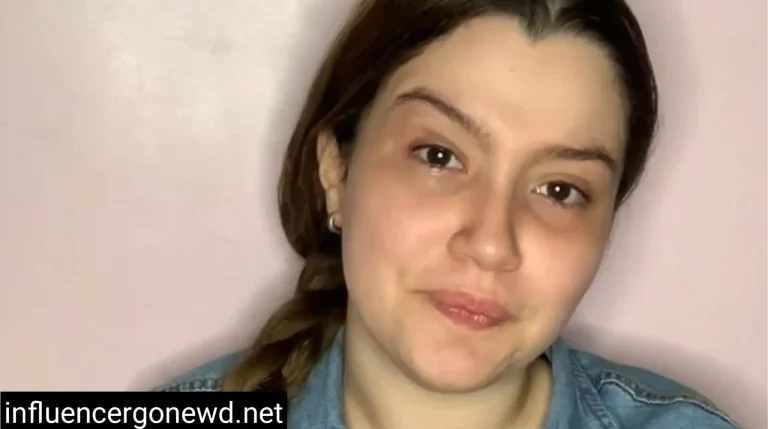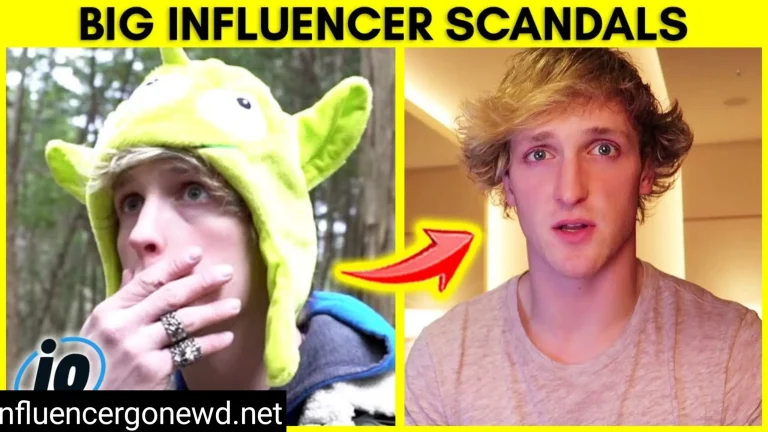OnlyFans to Offense | The Boundary of Influencers
In an increasingly gray area of digital celebrity, influencers are still testing the limits of acceptability of OnlyFans, and occasionally, they exceed it altogether. There is no better place to see this than on OnlyFans, where creators have initially been able to make money sharing exclusive content but which has since become infamous due to NSFW posts, scandalous collaborations, and ethical controversies. An influencer gone wild by shouting and dancing in a store just to get more views.
The transition between the OnlyFans star to pure offensive content has become a trend in 2025. The place, which was once praised as a place where women could be empowered and financially free, is starting to create ethical, legal, and even psychological issues. So, what about the new trend in which influencers leave OnlyFans and move to offense, and why the internet is beginning to fight back?
The Emergence of Shock Content to Make Money
The beginning of the 2020s was the period when influencers (women in particular) were rushing to OnlyFans to make money on their image and independence. It started as a kind of revolt against conventional platforms and limiting monetization policies. However, the situation is different by 2025.

Producers are now under pressure to top each other- not only sexually, but outrageously. The most successful people on OnlyFans tend to be the ones who are pushing hard on the edge, taboo, or morally dubious content and it is no longer about art or empowerment. It is viral. Simulated acts with food, and live confessionals about controversial fetishes are only a few of the acts that some influencers have gone to in order to remain relevant, which on the surface seems to be the only goal.
Case Study 1: Backlash on the Teacher who became an OnlyFans Star
The story of Elena J, a former high school teacher who was forced to go to OnlyFans after she was laid off, is one of the most discussed stories of 2025. Early on her success was hailed as a reclaiming of her narrative but this soon went awry when she published a roleplay series of her as a strict teacher and advertised it with pictures of her in real life as a teacher.
The retaliation was quick. Complaints were filed by parents in her previous school. It was termed as being deeply inappropriate by the advocacy groups and many people opined that she confused the boundaries between adult content and real-life professional accountability. Even though she apologized, the scandal has ruined her brand forever- and raised the question of what former teachers can or cannot post nationally.
Case Study 2: Controversy of Animal Welfare
In another troubling example, an OnlyFans star called The Wild Queen recorded herself in exotic settings with live animals, i.e., snakes, parrots, and even wolves. The artistic jungle-themed shoots that appeared to be the case initially proved to be actual shoots with sedated animals, which were rented, in some cases, illegally.
Animal rights groups intervened when some behind the scenes footage was leaked that revealed the animals were mistreated by handlers. Not only her material was removed by OnlyFans, but she is charged with breaching the wildlife protection laws. This case demonstrated the extent to which some influencers are ready to go to get attention-getting content, regardless of the damage caused to a person or something.
Case Study 3: Involvement of Family to the Extent
When an influencer couple started publishing highly suggestive content and mentioning their family dynamics that took place in real life, a now-deleted channel caused a wave of outrage. In one of the series called Mom & Dad Night, the producers confused reality and fiction to the extent that people wondered whether their children knew what was going on in the same house in terms of adult content being created.
The couple was investigated due to a possible endangerment of a child based on the outcry of the people. The case resurrected the debate on parenting in the age of the influencer, and just how far is the line between personal rights and social accountability, and particularly when children are involved.
The Reason Audiences are Turning
The obvious thing in 2025 is that viewers are not as lenient as they used to be. Although the creators of OnlyFans had been receiving a sort of support known as a free pass to do what they want, attitudes are changing. Fans desire openness, the maintenance of boundaries and moral choices rather than the viral moments and the sensational headlines.
It is often claimed that the creators possess a social responsibility, particularly when they move into the mainstream platforms such as Instagram, TikTok and YouTube. The very same producers who sell adult material to consumers also sell to the general population, and even to teenagers, and this duality has started to cause problematic cross-overs.
Platform Pushback and Legal Challenges
Even OnlyFans itself has tried to balance the line by making money off of adult content and also trying to clean up its image. Following a series of scandals, the platform has started to implement more restrictive content policies, demanding a content warning, disclosure of the ethical use of the material, and in certain instances, prohibition of the creators who do not comply with animal welfare or legal principles.
In various countries, legislators are currently discussing the regulation of adult content of influencers, especially in the form of false advertising, predatory trends, and exposing minors to adult content due to the cross-over of algorithms. In 2025, it is no longer the question of what creators can do- but what they should not do.
The Hidden Pricing of Going Too Far
It is not enough to lose followers or brand deals anymore when crossing the line, now a criminal charge, public shaming, and permanent reputational loss may come. What is edgy or bold in the first place, may soon turn into exploitative, offensive or even illegal.
Most of the influencers are not ready when the court of public opinion turns against them. And unlike the old-school celebrities, influencers are unlikely to have PR teams, or legal protection, and are therefore all the more prone to being censored.
Conclusion
OnlyFans explosion was supposed to be concerned with the freedom of creators. However, by the year 2025, viral fame has led certain influencers way beyond the boundary of what is ethical, good taste, or even legal. With the fans increasingly conscious and critical of online behavior, creators need to question themselves: Is the click worth the consequence? Here we live in a world where cancel culture is real and digital footprints are permanent, so it is only those influencers who will succeed by creating with a conscience, not controversy.





